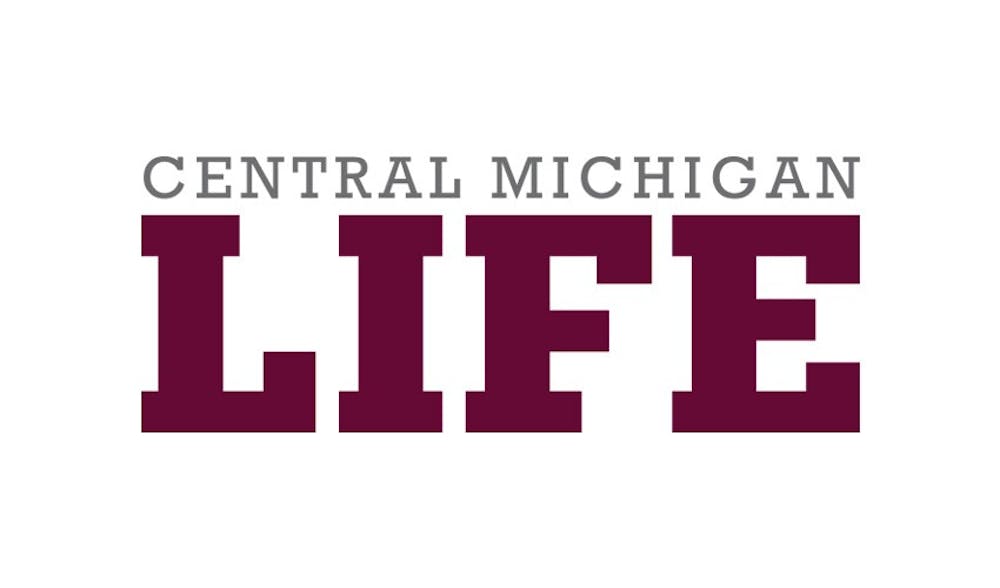Lansing opposes pot proposal
SAMRC and Safer Michigan Coalition energized despite opposition from Snyder
In the face of opposition from two of Michigan’s highest elected officials, Ian Elliot remains steadfast in his belief that come November, marijuana decriminalization will be enacted in Mount Pleasant.
“These letters change nothing,” said Elliot, president of Student Advocates for Medical/Recreational Use of Marijuana. “The mission stays the same.”
The latest battle over decriminalization centers around a Nov. 4 ballot proposal put forth by Elliot’s group and the Safer Michigan Coalition. The proposal aims to amend the city’s charter, effectively decriminalizing marijuana within city limits.
Both Gov. Rick Snyder and Attorney General Bill Schuette sent letters to Mount Pleasant’s city commissioners care of City Clerk Jeremy Howard denouncing the proposal, which is slated to be on the Nov. 4 ballot. The proposal, spearheaded by marijuana advocacy groups on and off campus, would effectively make the use, possession and transfer of less than one ounce of marijuana legal in the city.
In their letters, both men wrote that they would note approve the charter amendment if passed due to its inconsistency with state laws prohibiting marijuana consumption, possession and sale.
“Whether or not the proposed amendment is approved by the voters, marijuana will remain a controlled substance under state and federal law,” Snyder wrote.
The governor added the amendment would hinder law enforcement’s ability to enforce the law of the land.
“The proposed amendment seeks to deprive the division of Public Safety of the authority to detect and arrest persons who have violated state and federal law with respect to certain marijuana-related offenses,” he wrote. “Nothing in this proposed amendment limits the responsibility of a Mount Pleasant police officer to enforce the state’s criminal laws, including those applicable to marijuana.”
Snyder and Schuette also argued that the language does not conform or is inconsistent with the Home Rule City Act (HRCA). The HRCA allows cities to develop their own governments and city charters. It also provides a mechanism for cities to amend their charters.
Citing the HRCA, Schuette said the language in the proposal is “the ballot language is inaccurate because it is does not inform the voters that the proposed amendment conflicts with state law. The ballot language also does not inform the voters that state law will control regardless of whether the proposed amendment is adopted.”
The letters might seem like a blow to the Michigan legalization movement, but Elliott said the letters are nothing more than a formality.
“As we are able to operate and change the charter at the local level, the governor, the attorney general and even the President of the United States can always advise his subordinates to not comply with something,” he said. “What does that mean for the voters? What it comes down to is ‘it’s still going to be on the ballot.’”
Elliott added that it was surprising to see Snyder and Schuette vocalize their opposition against decriminalization so loudly, seeing as how the issue is an important cause for younger voters.
“There has been favor given to this issue,” he said. “We know where the American people want to go. If students want to be involved, this is the year to do it.”
The sophomore from Cheboygan said that if all goes according to plan, 17-18 cities in Michigan will be decriminalized zones.
Despite the opposition, City Commissioner Matthew Sous said that many of the city’s leaders are remaining neutral on the issue and are leaving it up to the voters to decide.
Mount Pleasant’s City Commission discussed the letters Monday night during its regular meeting.
City Manager Nancy Ridley said she and city staff were compiling a list of important information to effectively educate residents on the proposal. The information will be published in an upcoming Mount Pleasant newsletter.




